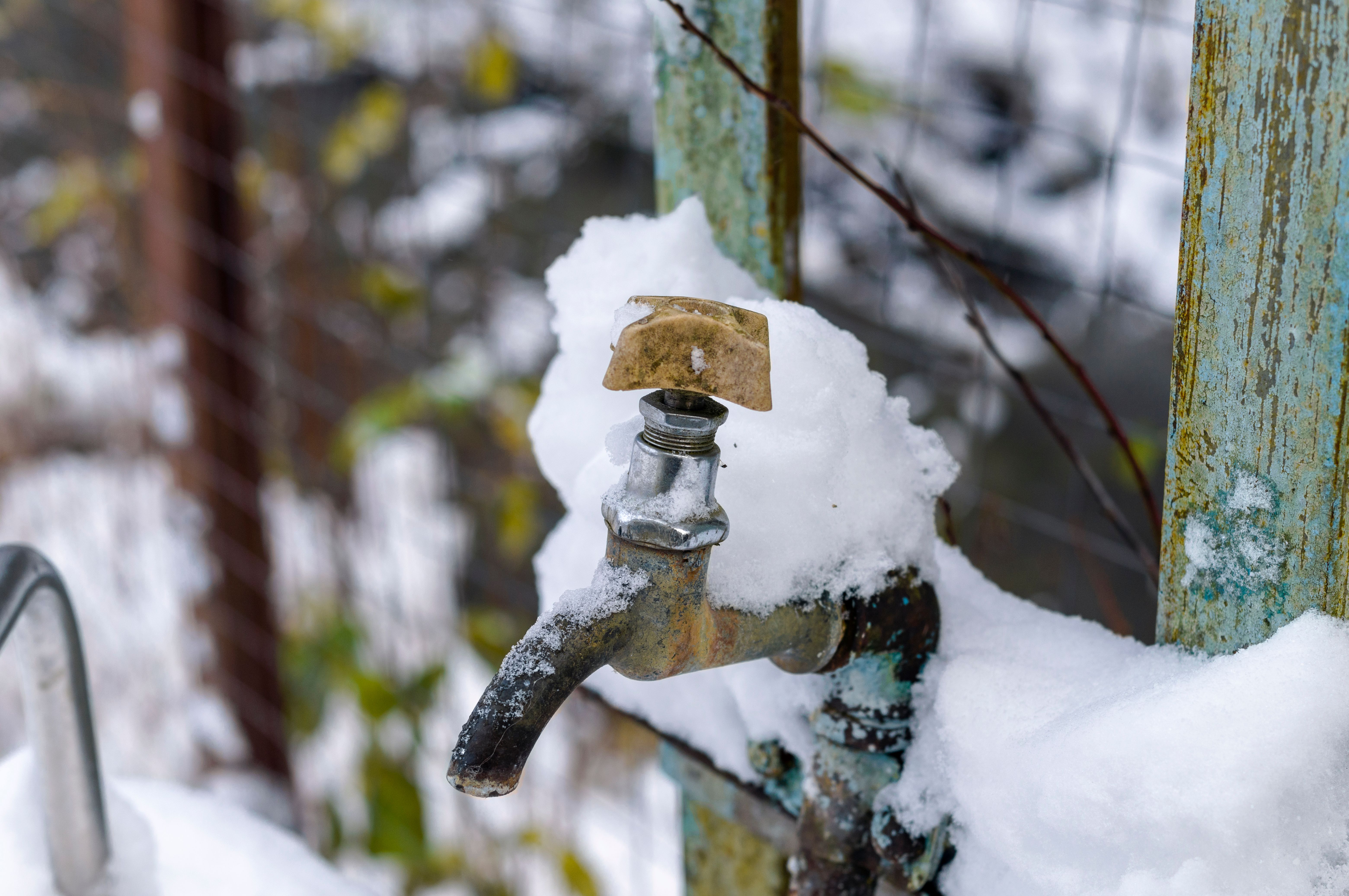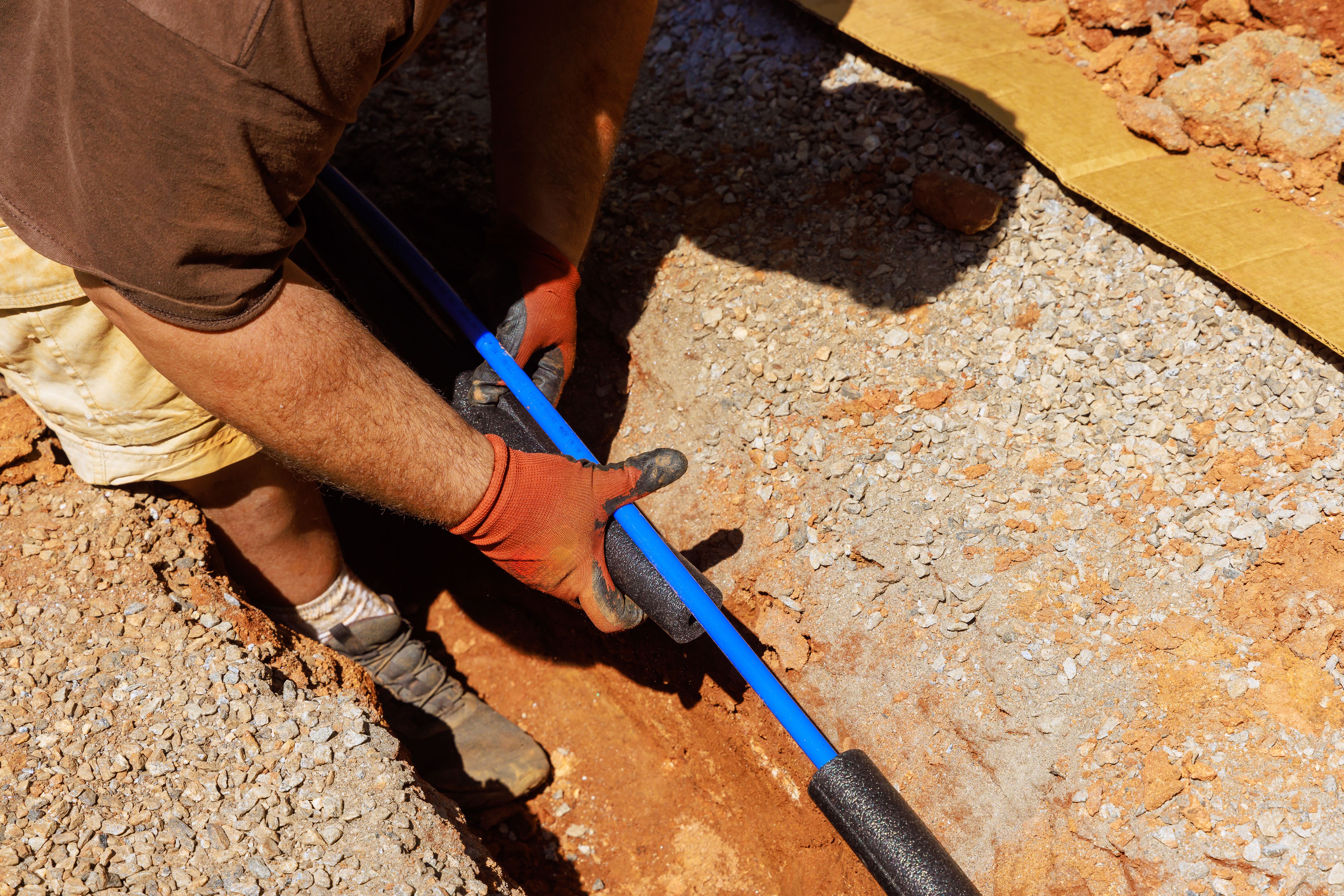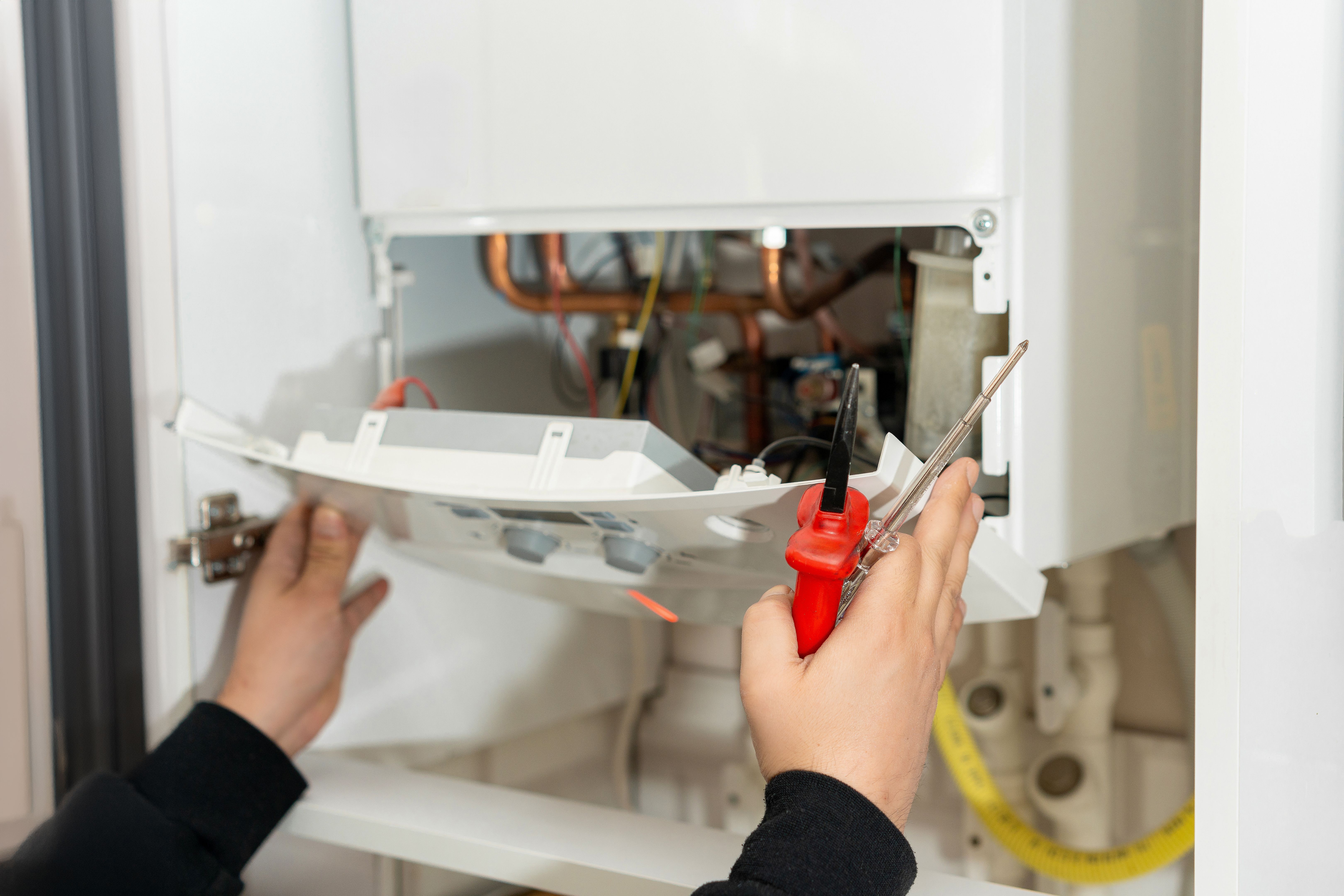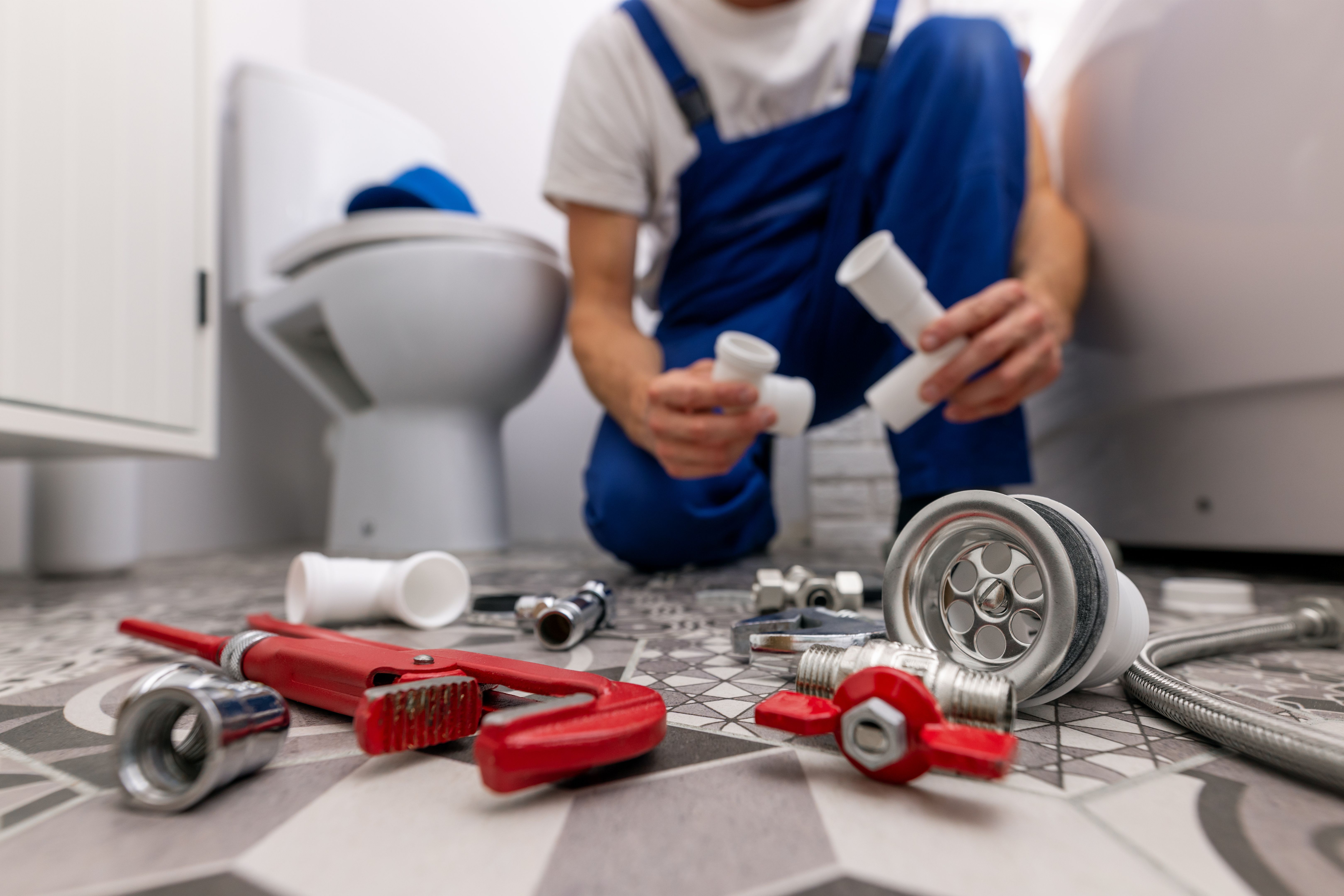Preventing Frozen Pipes and Winter Water Damage in Utah
Understanding the Risks of Frozen Pipes
As winter approaches in Utah, homeowners face the common threat of frozen pipes. When water within pipes freezes, it expands, which can lead to bursts and significant water damage. Understanding these risks is the first step in taking preventive measures to protect your home.
Frozen pipes can result in costly repairs and potential flooding. It's important for homeowners to be proactive as temperatures begin to drop. Identifying which pipes are most at risk, such as those located in unheated areas like basements, attics, and garages, is crucial for prevention.

Insulating Your Pipes
One effective way to prevent pipes from freezing is by insulating them. Pipe insulation is widely available and can be easily installed around vulnerable pipes to keep them warm. This simple measure can significantly reduce the risk of freezing.
Consider using foam pipe insulation or heat tape for added protection. Both options are designed to maintain the warmth of your pipes in cold conditions. Ensuring that your home is properly insulated, particularly in areas prone to drafts, can also help in maintaining an overall warmer environment.

Keeping Your Home Warm
Maintaining a consistent temperature inside your home is crucial during the winter months. Set your thermostat to a minimum of 55 degrees Fahrenheit, even when you're away. This helps ensure that all areas of your home, including those with exposed pipes, remain above freezing.
Additionally, open cabinet doors under sinks to allow warm air to circulate around the plumbing. This is especially important in kitchens and bathrooms where pipes are often located along exterior walls.

Regular Maintenance Checks
Performing regular maintenance checks on your plumbing system can help you identify potential issues before they become major problems. Look for signs of wear and tear, such as cracks or leaks, and address them immediately.
If you're unsure about the condition of your pipes, consider hiring a professional plumber to inspect them. A professional can offer expert advice and suggest improvements that can be made to prevent freezing.
Emergency Preparedness
Despite taking preventive measures, it's essential to be prepared for emergencies. Know where your main water shut-off valve is located and how to use it. In the event of a burst pipe, shutting off the water supply can minimize damage.
Keep an emergency kit on hand with basic plumbing tools, a flashlight, and contact information for a reliable plumber. Having these resources readily available can help you respond quickly and effectively in a plumbing emergency.

Conclusion
By taking these preventive steps, you can protect your home from the dangers of frozen pipes and water damage this winter. Insulating pipes, maintaining a warm environment, and being prepared for emergencies are key strategies in safeguarding your property. Remember, a little preparation can go a long way in preventing costly repairs and ensuring peace of mind throughout the colder months.
